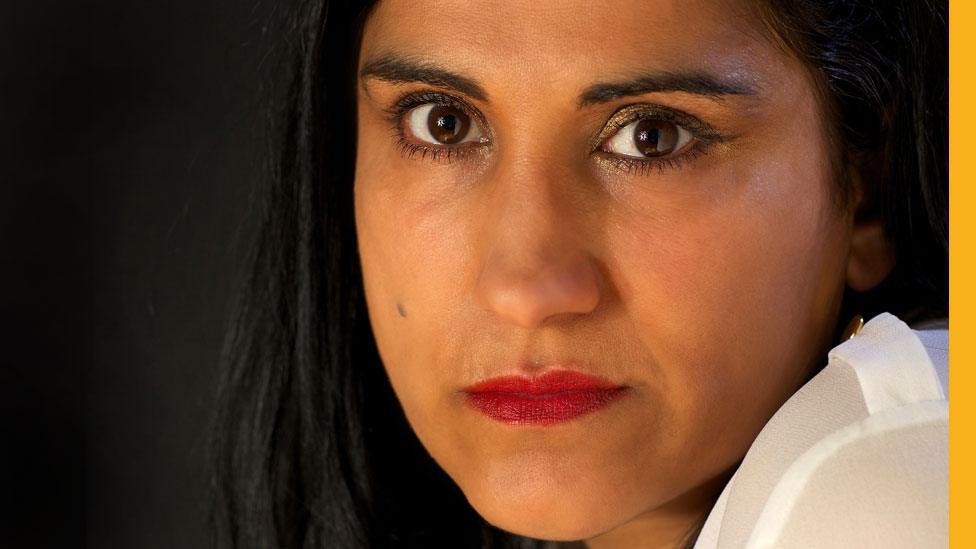Forced marriage victims asked to pay rescue costs
- Published
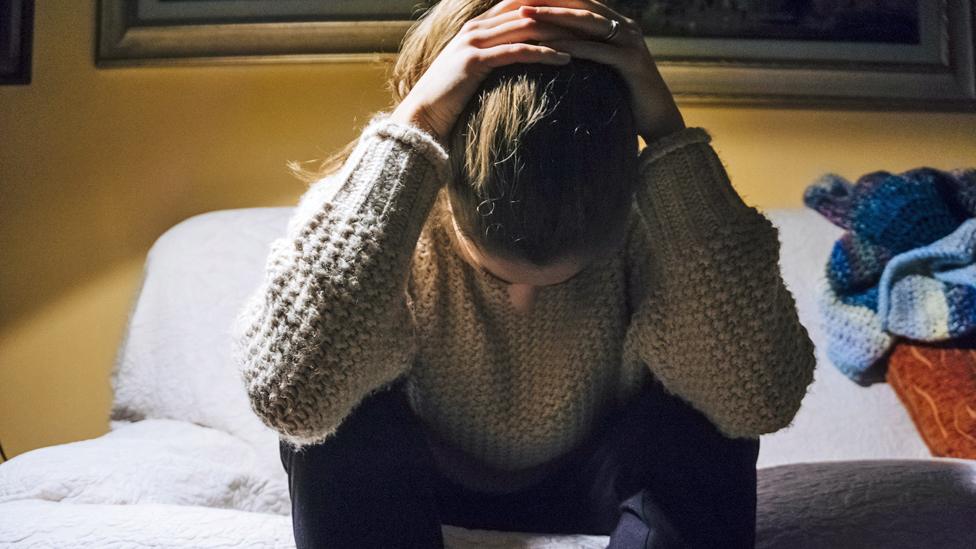
British victims of forced marriages overseas are being asked by the Foreign Office to pay costs associated with their own rescue, it has been revealed.
An investigation by the Times found those unable to cover flights, food and shelter were made to take out a loan.
MPs have condemned the practice as "astonishing" and "immoral".
Foreign Secretary Jeremy Hunt said he wanted the matter looked into and all British officials abroad should act with "compassion and humanity".
According to the report in the Times,, external British victims of forced marriage who ask for help abroad are informed about the costs.
UK officials will help them access their own funds, and contact friends, family or organisations that can assist them. But if they cannot find the money, they are asked to sign emergency loan agreements before returning home.
It has confirmed that between 2016 and 2017, 82 people were repatriated with the support of the government's Forced Marriage Unit and up to 12 loans were granted.
The Times says a Freedom of Information request showed the Foreign Office loaned £7,765 to at least eight victims in the past two years.
About £3,000 has been repaid, but debts of more than £4,500 are outstanding.
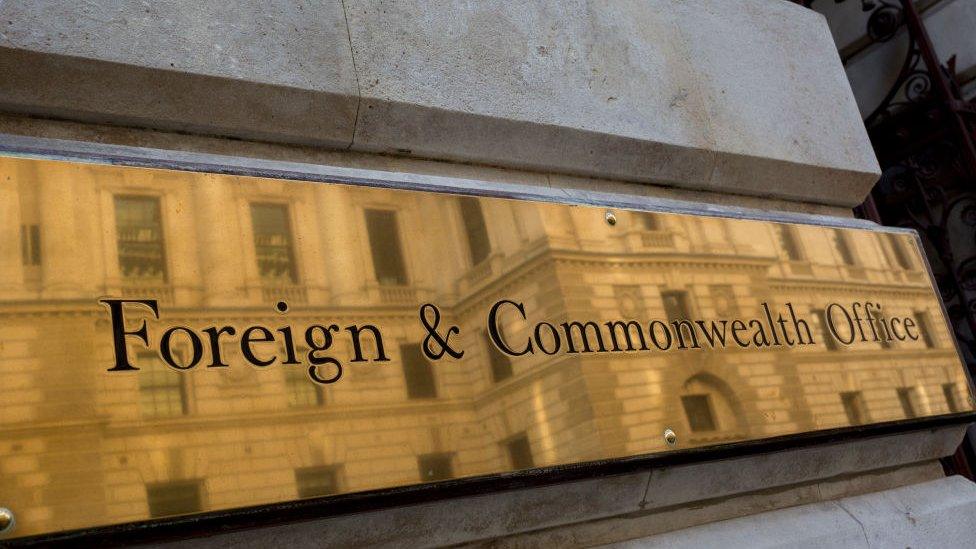
The victims helped last year are reported to include seven women found imprisoned in a "correctional school" in Somalia.
Four of the group, who were each charged £740, told the Times the demand had pushed them to the financial brink.
Under Foreign Office terms and conditions, a surcharge of 10% is added if the loan is not repaid within six months.
However, the department said its loans, which can be repaid at £5 a week, were more generous than commercial options.
Charging 'immoral'
The charges first came to light two years ago after the Muslim Women's Network UK, a campaign group, revealed that teenagers facing forced marriage had to pay back the Foreign office for the help they received.
That led to ministers ordering an end to asking 16 and 17-year-olds to sign loan agreements - but the policy remained in place for the over-18s.
Shaista Gohir, of the MWNUK, said: "If the government is saying that forced marriage is against the law, they're not helping victims to come forward if they're then charging them for help."
And Pragna Patel, the founder of Southall Black Sisters - which also campaigns on forced marriage - described the continuing policy as "unprincipled and immoral".
She said the costs would act as "a major deterrent" to people seeking protection from forced marriage.
Tom Tugendhat, the Conservative chairman of the Commons Foreign Affairs Select Committee, said MPs "will ask questions about this decision".
Writing on Twitter, external, he said the Foreign Office is "rightly proud" of the forced marriage unit "but we shouldn't be charging the most vulnerable for their own protection or dissuading them from asking for it".
Yvette Cooper, chairwoman of the Home Affairs Committee, tweeted, external: "Completely appalled by this. Forced marriage is slavery. For Govt to make victims pay for their freedom is immoral. Ministers need to put this right fast."
A leading expert on forced marriage said the policy was "morally wrong". "Protection should not have a price tag," tweeted, external Aisha Gill, Professor of Criminology at the University of Roehampton.
As home secretary, Theresa May introduced new laws targeting forced marriage, external in 2014, and the current Home Secretary Sajid Javid vowed in August to "do more to combat it and support victims".
The Foreign Office said emergency loans were used to remove vulnerable people from high-risk situations when there were no other options available to them but "as they are from public funds, we have an obligation to recover the money in due course".
It added that, in most cases, the person would have to give up their passport to the government in order to get a loan.
The passport is not returned until the owner has repaid their loan in full. If the loan is not repaid after six months a 10% surcharge is added to total.
Unless there are "exceptional circumstances", the Foreign Office will not help British nationals return home.
Home Secretary Sajid Javid said the Foreign Office and the Home Office were doing "an incredible amount to combat forced marriage".
"With this news it's something again for us to focus on and make sure we're doing everything we can," he added.
Mr Hunt, who is on a visit to Singapore, said he had asked officials to give him "proper advice on the whole issue".
"I have always stressed to embassies and posts abroad that they need to use discretion," he told BBC Radio 4's Today.
"Of course, we should behave with compassion and humanity in every situation but I want to get to the bottom of this particular issue."
- Published5 December 2018
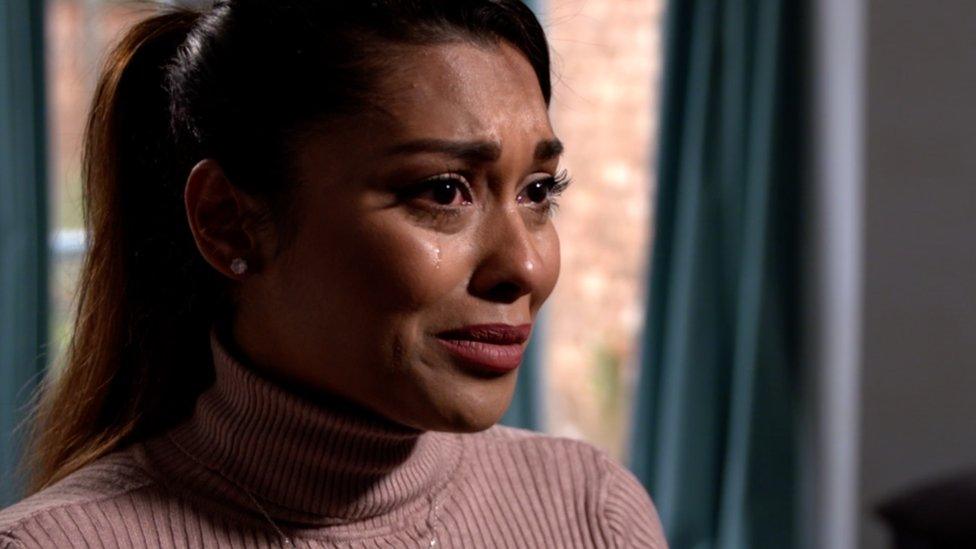
- Published4 August 2018
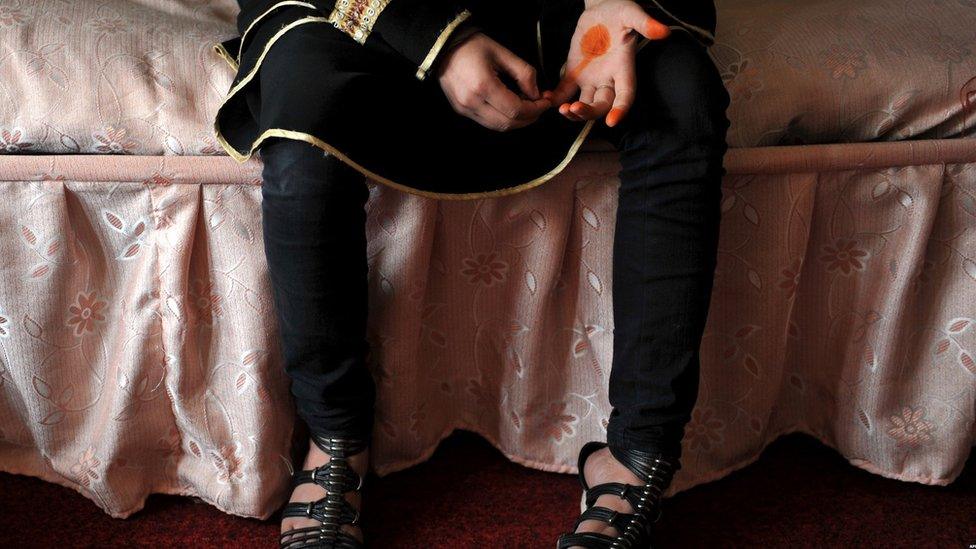
- Published12 July 2018
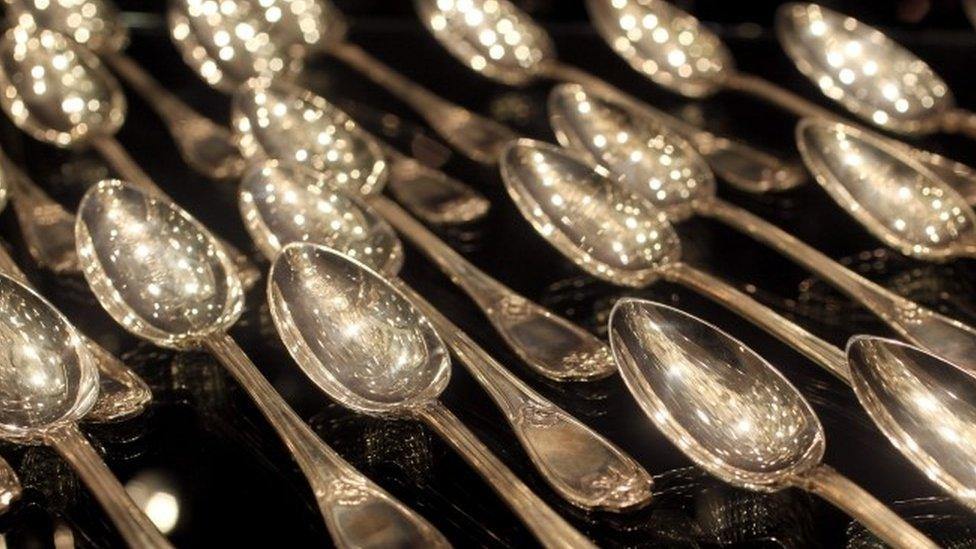
- Published19 June 2018
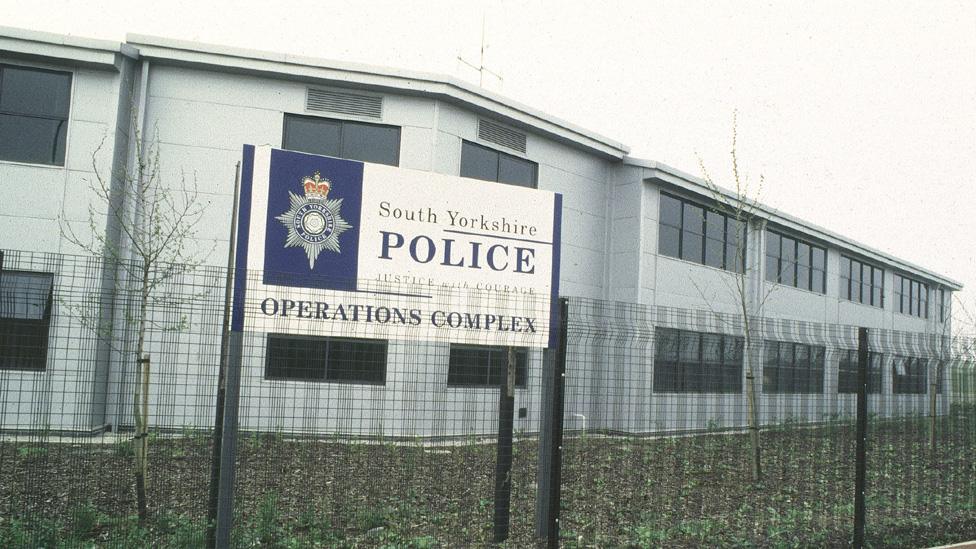
- Published24 February 2017
